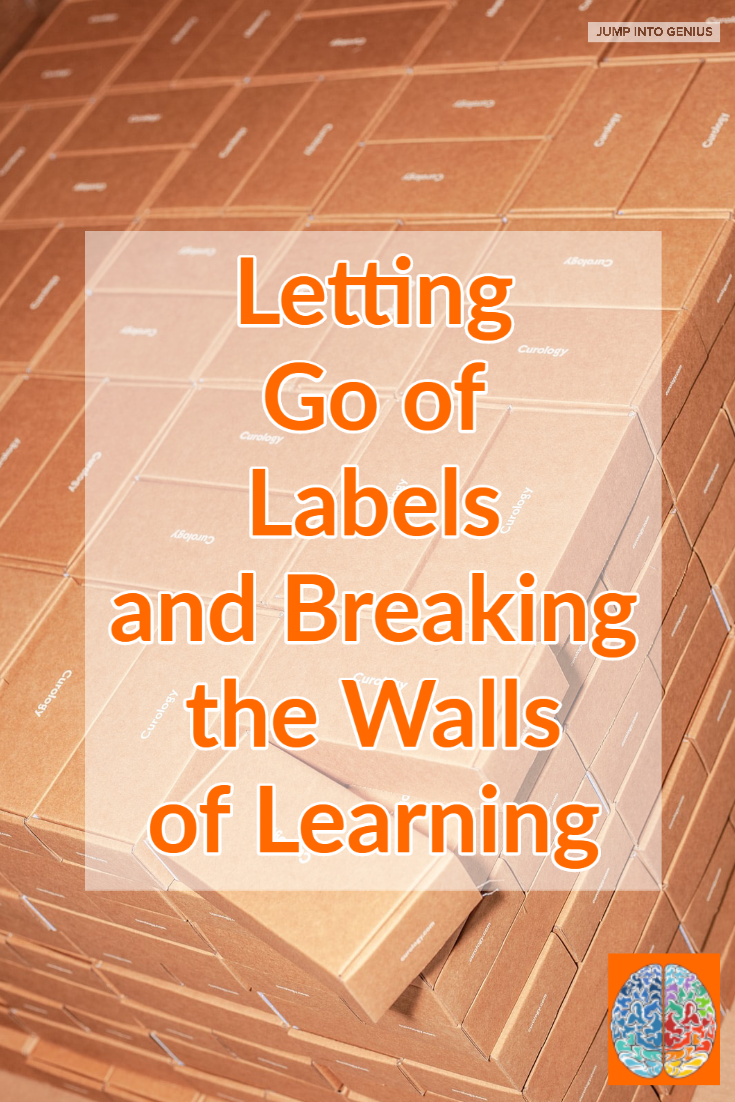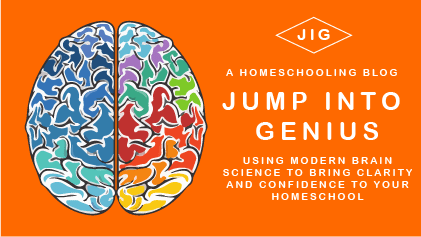
No one is genetically doomed to mediocrity.
David Shenk: The Genius in All of Us
Albert Einstein was just an average kid. In fact, many would say he was below average in certain areas. If he was born today he would probably have several fancy labels attached to him. Learning disabled, developmentally delayed, and attention deficit disorder would be kindly stamped onto his forehead. Teachers, parents and even Einstein himself may have been brainwashed by these labels. Don’t expect much, because he just has these hard-wired genetic difficulties. He won’t ever amount to much. So why expect anything from him?
Labels of Doom
I know we don’t all accept these labels as something to hold us back, but too often they do keep kids in an underperforming box. Not because they are not capable of blooming beyond the confines of the box. But because their teachers and parents believe they can’t. Kids pick cues from the adults in their lives. They will soon believe this box is their world. They will restrict their dreams to fit inside this limited box. Because they will believe they can’t accomplish the things on the outside of the box. Those dreams are for other people.
The younger the child, the more danger there is that they will box themselves in because of the labels, behaviors, and beliefs of the adults around them. After all, they have not accomplished anything great so there is no experience to combat this lie.
Every child deserves the gift of believing they will never be able to do something and then learning how to do it. The struggle for kids with labels is that it is too easy for themselves and every one around them to use the label as an excuse. In fact, it is too easy for everyone around the child to believe they really will never ‘get it’. Without being surrounded by adults who not only love them, but believe, stubbornly, they will get it, children won’t try hard enough to break their own walls down. They won’t experience the magic that happens in the journey from I can’t to I did.
How old would Einstein have been before he received the label of “gifted”?
Well, if you know much about his story you know people still thought he was a failure and a quack into adulthood. I doubt he would have even been graced with the label of twice exceptional at any point in his childhood. (That means a kid is both gifted in one area, and learning disabled in a different area.)
Will a Shiny Label Make Your Kid Great?
Would Einstein have been better off if his genius level of intelligence had been discovered as a child? If everyone was patting him on the head and going on about how smart he was?
Gifted children face the danger of never being pushed to fail. To come out believing you can learn anything you first have to fail. You have to try something so hard you don’t think you will ever be able to do it. Only then can you get to the other side. The side where you no longer believe you have to stay in the box. We give gifted kids a bigger, more interesting box to play in. But the box is still there.
Boxes inflict all kids who get labelled, not for better or worse. Just for worse. Because those labels are things the child cannot control. While a child may have a very real difficulty or struggle, that the majority of other children do not face, this is not a determining factor in whether or not they will excel in life. But for some reason getting a label too often means we jump, willingly, into the prison of a box.
Talent is not a thing it is a process.
David Shenk: The Genius in All of Us
Genes Are Not Walls
Yes, some kids have physical differences in brain chemistry or eye function, or memory function. But these things are changeable and affected greatly by environment. Our genetics are part of a complex chemical process. Our environment is crucial to that process.
“Development is chemistry, and the end product cannot simply be reduced to its ingredients.
Patrick Bateson - Cambridge University
Even though we cannot reduce development to a list of ingredients we do know that certain environmental ingredients seem to propel children towards success. That success looks different for every child, because it is being mixed with different genes. By all kids need these same basic things.
The wall is created by our attitudes.
The biggest problem with labels is that they distract us from giving our kids these things.
Wall Breaking Weapons
- Speaking to children early and often.
- Reading to children early and often.
- Encouraging Feedback (think ‘you can do it’ not ‘you are talented’)
- Setting High Expectations
- Embracing Failure
- Encouraging a growth mindset.
- Practice also known as hard work.
Each of these weapons are needed by all children. They need these things no matter what set of genes they have. I worry that our cultural obsession with labeling abilities gets in the way of providing sound development for our kids. The list above matters much more than whether your child has dyslexia or is gifted.
With humility, with hope, and with extraordinary determination, greatness is something to which any kid-of any age-can aspire.
David Shenk: The Genius in All of Us
The reason I love Einstein’s story is because it is not exceptional. He was just an average kid. And his story is not exceptional either. History is full of average kids who became amazingly accomplished adults.


